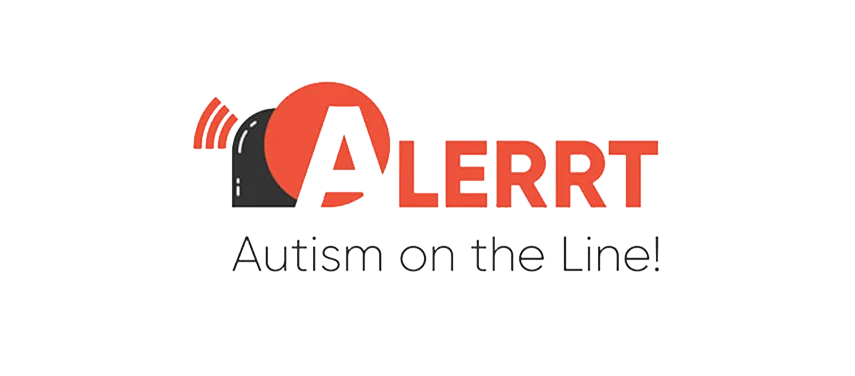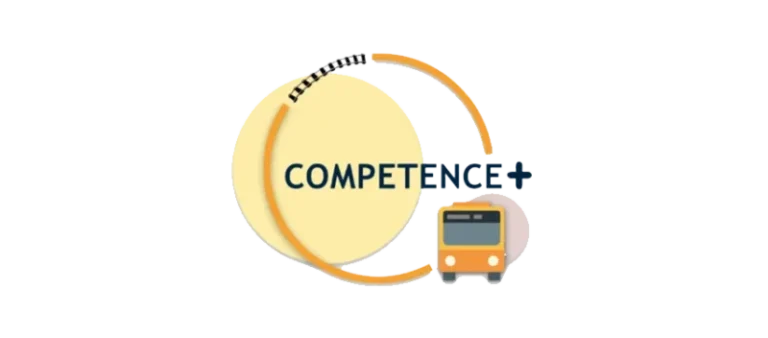
ALERRT AUTISM ON THE LINE
Autism On The Line! Educating First Responders On How To Recognise And Treat Individuals With Autism
For people with autism, learning to interact with first responders is critical. It is, also, just as essential for first responders (police officers, firefighters, and medical emergency/ambulance workers) to understand autism and be prepared to respond effectively and safely to situations involving individuals on the spectrum.
Autistic Spectrum Disorder (ASD) is a complex developmental disability and a neurological condition affecting every individual to a differing degree. It knows no racial, ethnic or social boundaries. People with ASD may have difficulties in communication and social understanding. They may also have unusual reactions to sensory input and may demonstrate what appears to be inappropriate behaviours. ASD is now known to be very common. According to recent information available (Aug. 2015), the Centers for Disease Control and Prevention (CDC) states that from 2000 to 2010 the prevalence of autism increased by nearly 120 percent, affecting approximately 1 in 68 children.
First responders are 7 times more likely to come in contact with an individual with ASD than the average person (Prevent-educate.org). However, evidence shows that they aren’t adequately trained to recognise and handle that population. Although all first responders are trained to react to a variety of emergency and crisis situations, the typical response is not always the correct response when interacting with individuals on the spectrum.
A lack of ASD awareness may not only cause first responders to feel professionally awkward and uncertain when providing emergency care and assistance but also put the ASD individual at risk, as lack of knowledge among first responders, combined with the social and communication difficulties of people with autism, can create dangerous misunderstandings. If first responders don’t understand that the individual has ASD, they may misinterpret behaviour as noncompliant or threatening. Instead of taking steps to reassure them, they may intensify their distress either by being forceful or by taking misguided actions intended to be helpful.
Evidence shows first responders lack autism awareness, there is, therefore, a clear need for first responders, to have sufficient understanding of ASD, how it may present in an individual, and how to best handle incidents involving such a person.
Therefore, having as a target group community first responders, we propose a project with the following objectives:
• To deliver training courses to directly train first responders in a set of skills and, also, to deliver these courses to a target group of VET trainers, in order to amplify and perpetuate the ripple effect of those courses
• design, test and publish an innovative training package for VET trainers that will train the target group (first responders) to acquire sufficient knowledge and understanding about ASD and the skills necessary to recognise, interact, and treat appropriately individuals with ASD in cases of emergency
• help families and caregivers of individuals with ASD connect with first responders and develop mutual trust and the feeling of dependence on them when an emergency situation occurs
| Organization Name | Country |
|---|---|
| GESEME 1996 SL | Spain |
| AUTISME-EUROPE AISBL | Belgium |
| CENTRO INTERNAZIONALE PER LA PROMOZIONE DELL'EDUCAZIONE E LO SVILUPPO ASSOCIAZIONE | Italy |
| COFAC COOPERATIVA DE FORMACAO E ANIMACAO CULTURAL CRL | Portugal |
| STANDO LTD | Cyprus |
| EVROPSKA ROZVOJOVA AGENTURA, S.R.O. | Czech Republic |
Disclaimer: This project has been funded with support from the European Commission. This publication reflects the views only of the author, and the Commission cannot be held responsible for any use which may be made of the information contained here.






